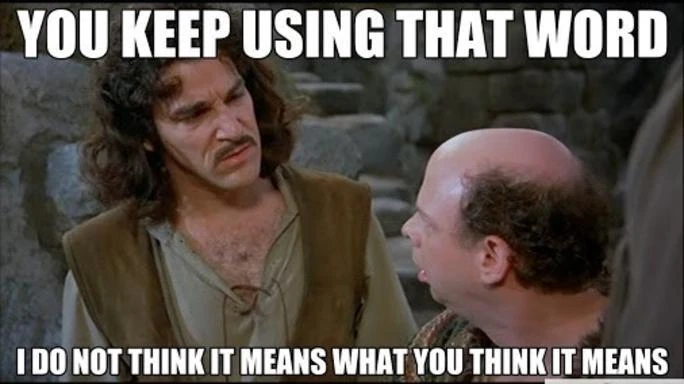The bottomline is that conventional pharmacology journals, including Archives in Internal Medicine, have found that nanodoses are able to penetrate cell membranes and blood-brain barriers with much greater ease than large complex molecules…and nanodoses are considerably safer too.
Whenever Ullman cites a source, it's always illuminating to check to ensure it says what he might want you to believe it says.
In this case, he seems to want us to believe that AIM have published a study that demonstrates that nanodoses are able to penetrate cell membranes, etc. His citation is simply an article from 1999 titled: Homeopathy re-revisited: is homeopathy compatible with biomedical observations?, not original research. It is not a study that shows what Ullman wants us to think it shows.
